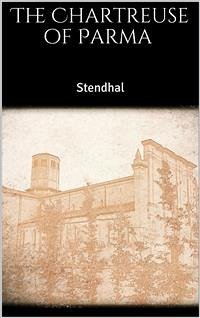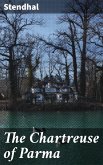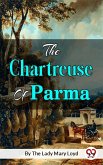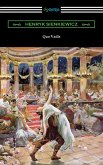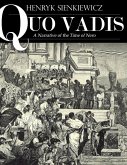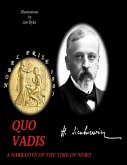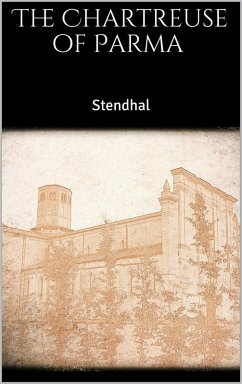This novel was written in the year 1830, in a place some three hundred leagues from Paris. Many years before that, when our armies were pouring across Europe, I chanced to be billeted in the house of a canon. It was at Padua—a fortunate city, where, as in Venice, men’s pleasure is their chief business, and leaves them little time for anger with their neighbours. My stay was of some duration, and a friendship sprang up between the canon and myself. Passing through Padua again, in 1830, I hurried to the good canon’s house. He was dead, I knew, but I had set my heart on looking once more upon the room in which we had spent many a pleasant evening, sadly remembered in later days. I found the canon’s nephew, and his wife, who both received me like an old friend. A few acquaintances dropped in, and the party did not break up till a late hour. The nephew had an excellent sambaglione fetched from the Café Pedrocchi. But what especially caused us to linger was the story of the Duchess Sanseverina, to which some chance allusion was made, and the whole of which the nephew was good enough to relate, for my benefit. “ In the country whither I am bound,” said I to my friends, “I am very unlikely to find a house like this one. To while away the long evenings I will write a novel on the life of your charming Duchess Sanseverina. I will follow in the steps of that old story-teller of yours, Bandello, Bishop of Agen, who would have thought it a crime to overlook the true incidents of his tale, or add others to it.” “ In that case,” quoth the nephew, “I will lend you my uncle’s diaries. Under the head of Parma he mentions some of the court intrigues of that place, at the period when the influence of the duchess was supreme. But beware! it is anything but a moral tale, and now that you French people pique yourselves on your Gospel purity, it may earn you a highly criminal reputation.”
Bitte wählen Sie Ihr Anliegen aus.
Rechnungen
Retourenschein anfordern
Bestellstatus
Storno

